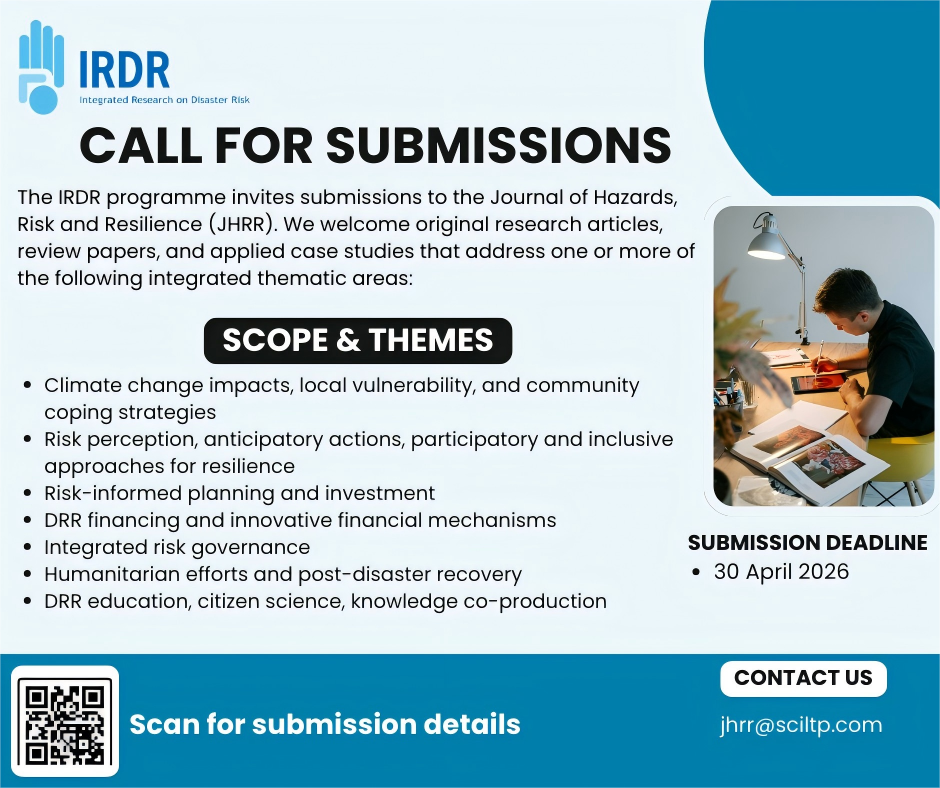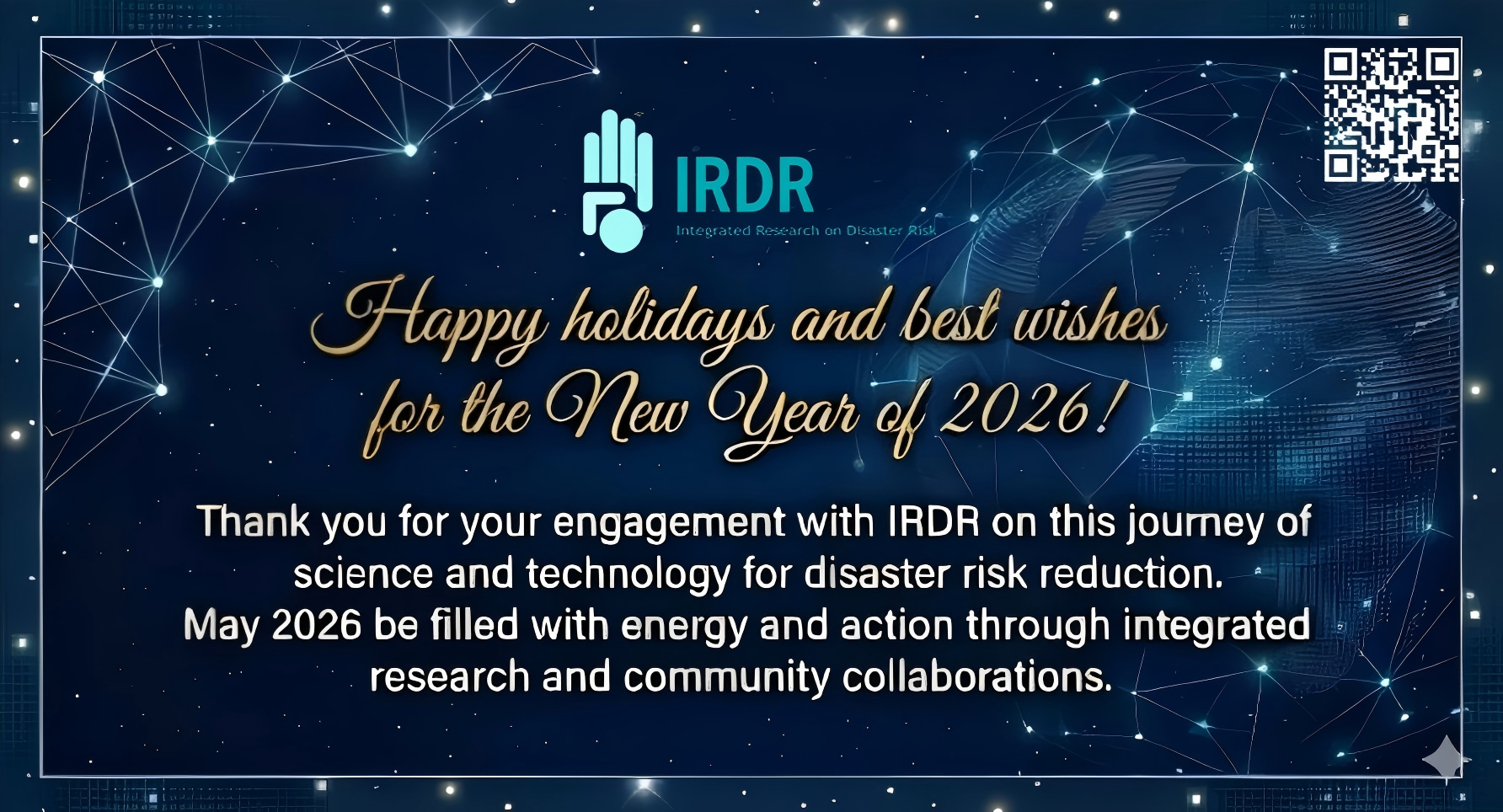IRDR Network and Partnership meeting, a session of the 12th SC Meeting in Paris, France gathered IRDR partners from UNISDR, ICSU, ISSC, UK CDS, UN STAG, UNEP DTIE, UNESCO, who gave presentations of their ongoing DRR activities, new or anticipated activities under HFA2 and specific areas and formats for collaboration.
UNISDR’s Asia Pacific Regional Office Head Feng Min Kan presented the Policy Context on HFA2 process. She summarized the consultations towards a post-2015 Framework for DRR from early 2012 to present. One hundred twelve (112) consultative events in 2013 were conducted at the local, national and sub-regional level, including a global platform held in May 2013. Consultations in 2014 was through regional platforms and meetings including the two intergovernmental Prep Comms last 14-15 July 2014 and 17-18 November 2014 in Geneva. Feng Min Kan also shared how voluntary commitments by all stakeholders constitute an expression of leadership, provide a very solid basis for the implementation of the post-2015 framework for disaster risk reduction, and indicate how all stakeholders can work together.
ICSU shared their preparations for the 3rd World Conference for Disaster Risk Reduction (WCDRR) in Sendai, Japan as well as an update of the Future Earth Program. The interim Secretariat of Future Earth is based at the International Council for Science (ICSU) in Paris, France.
IRDR Japan presented their preparations for the Tokyo Conference on International Study for Disaster Risk Reduction and Resilience scheduled on January 2015. This meeting, which takes place prior to the 3rd UN World Conference on Disaster Risk Reduction (3rdWCDRR), will bring together decision makers and leading scientists to discuss how science and technology can contribute to disaster risk reduction and foster sustainable development.
An update on the mobilisation of international science for the Post 2015 Disaster Risk Reduction framework (HFA2) was shared by Julie Calkins from UK CDS. UK CDS, a group of 14 UK government departments and research funders working in international development, supports discussions between UN agencies and the Major Group on Science and Technology to ensure science is embedded in HFA2 by coding key words and terms from WCDRR Prep Comm 1 statements, regional statements, and statements submitted during informal consultations. UK CDS also gathered existing survey results from STAG and complemented this with additional survey to national academy scientists via IAP and ICSU memberships and conducted interviews with key DRR experts and organizations.
UNEP DTIE presented UNEP’s perspective on the knowledge and action nexus on action at local level specifically focusing on “Building Capacity for Awareness and Emergency Preparedness, at Local Level in Developing Countries”. She shared three decades of the APELL program – a multi-stakeholder participatory approach involving industry, the communities and local authorities working through a structured process that creates a multi- stakeholder dialogue, and how the APELL program was introduced in 30 countries. The World Weather Research Programme shared how research focused on improving the accuracy, lead time, and utilization of weather prediction can advance society’s ability to cope with high impact weather.
UNESCO presented on their role in disaster preparedness and mitigation and shared UNESCO’s programmes and projects. Virginia Murray, Vice-chair of UNISDR Science and Technical Advisory Group (STAG) shared examples of UNISDR STAG science inputs and related UNISDR activities in 2014.
The meeting also discussed the format and function of a Consultative Forum for IRDR , a platform for broad stakeholder interaction with a view to advancing the co-design of DRR research.






